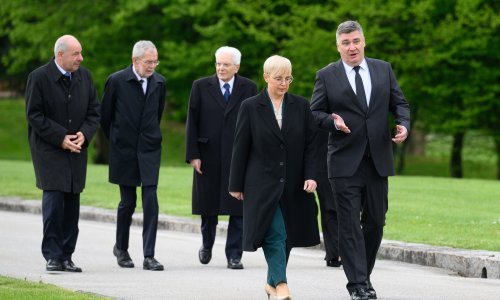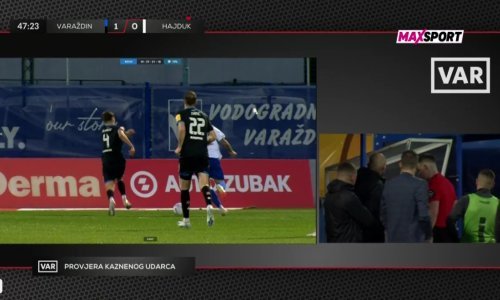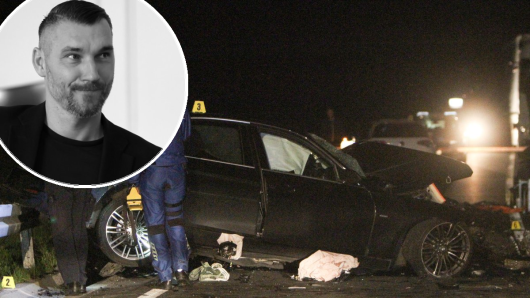Slovenian Prime Minister Borut Pahor said on Tuesday evening that Slovenia would not obstruct the completion of Croatia's EU accession negotiations.
"There'll be no blockade," Pahor said in an interview with Croatian Television (HTV), adding that "there are no reasons for a blockade."
He, however, said that in protecting its own interests, Slovenia, like all other EU members, had the right and duty to negotiate through the European Commission under what conditions a certain country should open or close negotiations on a certain policy chapter.
Pahor said he was concerned about the Free Movement of Capital chapter, citing statements by Croatian officials that the Slovenian bank Ljubljanska Banka would not be allowed to enter the Croatian financial market because the issue of Croatian foreign currency deposits in the bank at the time of the breakup of the former Yugoslavia had not been resolved.
"That means that Croatia, as a prospective member of the EU, is discriminating against a state, which is in violation of the rules of the club you're about to join. That's why Croatian Prime Minister Jadranka Kosor and I, both governments and both parliaments, must find a solution to this problem which is nearly 18 years old, and there is a possibility for that," Pahor said.
He expressed hope that the issue would be dealt with by July 9 when he was due to meet Kosor at the Croatia Summit in Dubrovnik.
Speaking of the June 6 referendum in Slovenia on the border arbitration agreement with Croatia, Pahor said he would not have remained in office had the referendum failed, adding that the fact that the Slovenians voted in favour of the future of Slovenia, Croatia and the entire region within the EU should be appreciated.
Pahor said he was confident that the Slovenian parliament would ratify Croatia's EU accession treaty with a necessary two-thirds majority "most probably at the end of next year," despite statements to the contrary by opposition leader Janez Jansa.




































